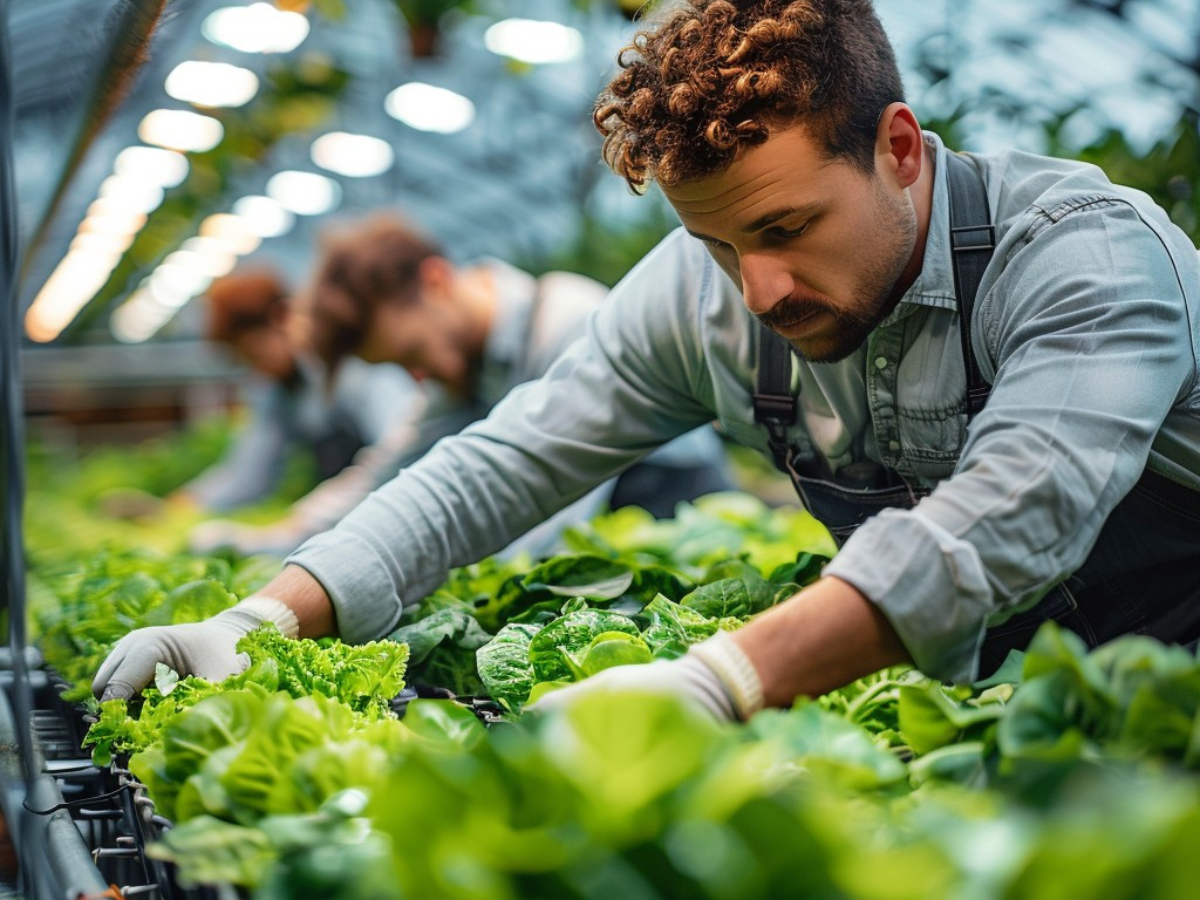Sustainable Farming: Building a Greener Future for Agriculture

Sustainable farming is an agricultural approach designed to meet current food production needs while preserving the environment for future generations. By integrating ecological principles with farming practices, sustainable farming aims to create a resilient food system that minimizes environmental impact, conserves resources, and supports community well-being.
Core Principles
Environmental Stewardship
Sustainable farming prioritizes environmental health by minimizing soil degradation, water usage, and pollution. Practices such as crop rotation, reduced tillage, and organic farming help maintain soil fertility, enhance biodiversity, and protect natural ecosystems. Farmers focus on reducing the use of synthetic chemicals and managing waste effectively, ensuring that farming activities contribute positively to the environment.
Resource Efficiency
Efficient use of resources is central to sustainable farming. This includes optimizing water usage through techniques like drip irrigation and rainwater harvesting, and employing precision agriculture to apply fertilizers and pesticides more judiciously. By maximizing the efficiency of inputs, farmers can reduce costs and lessen their ecological footprint.
Biodiversity Enhancement
Sustainable farming promotes biodiversity by integrating various plant and animal species into agricultural systems. This approach supports ecosystem health by fostering natural pest control, pollination, and soil fertility. Practices such as planting cover crops, creating wildlife habitats, and maintaining diverse cropping systems contribute to a more resilient agricultural landscape.
Climate Resilience
Addressing climate change is a critical aspect of sustainable farming. Farmers adopt practices that sequester carbon, such as agroforestry and soil conservation techniques. By reducing greenhouse gas emissions and improving soil health, sustainable farming helps mitigate climate change impacts and enhances the resilience of farming systems to extreme weather events.
Economic Viability
Sustainable farming also focuses on economic sustainability by ensuring that farming practices are financially viable in the long term. This includes supporting local economies, improving farm profitability through efficient practices, and investing in technologies that enhance productivity while reducing environmental impact. By promoting fair trade and ethical practices, sustainable farming helps create more equitable food systems.
Challenges and Considerations
Initial Costs
Transitioning to sustainable farming practices can involve higher initial costs for new technologies and techniques. However, these investments often lead to long-term savings and benefits, including improved soil health and reduced reliance on expensive inputs.
Knowledge and Training
Implementing sustainable farming practices requires knowledge and skills that may differ from conventional methods. Farmers may need access to training and resources to effectively adopt and manage these practices. Support from agricultural extension services and research institutions can play a vital role in this transition.
Market Access
Sustainable products often require specialized marketing and distribution channels. Farmers may face challenges in accessing markets that value sustainable practices, which can impact their profitability. Developing consumer awareness and demand for sustainably produced goods is crucial for overcoming this barrier.
Future Outlook
The future of sustainable farming is promising, with growing interest and investment in practices that enhance environmental and economic sustainability. Innovations in technology, such as precision agriculture and renewable energy, are likely to further support the adoption of sustainable methods. Additionally, increasing consumer demand for environmentally friendly products is driving positive changes in the agricultural sector.
Sustainable farming represents a crucial shift towards more responsible and resilient agricultural practices. By focusing on environmental stewardship, resource efficiency, biodiversity, climate resilience, and economic viability, sustainable farming aims to create a food system that benefits both people and the planet. As the agricultural sector continues to evolve, embracing sustainability will be key to ensuring a healthy and prosperous future for all.






